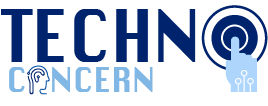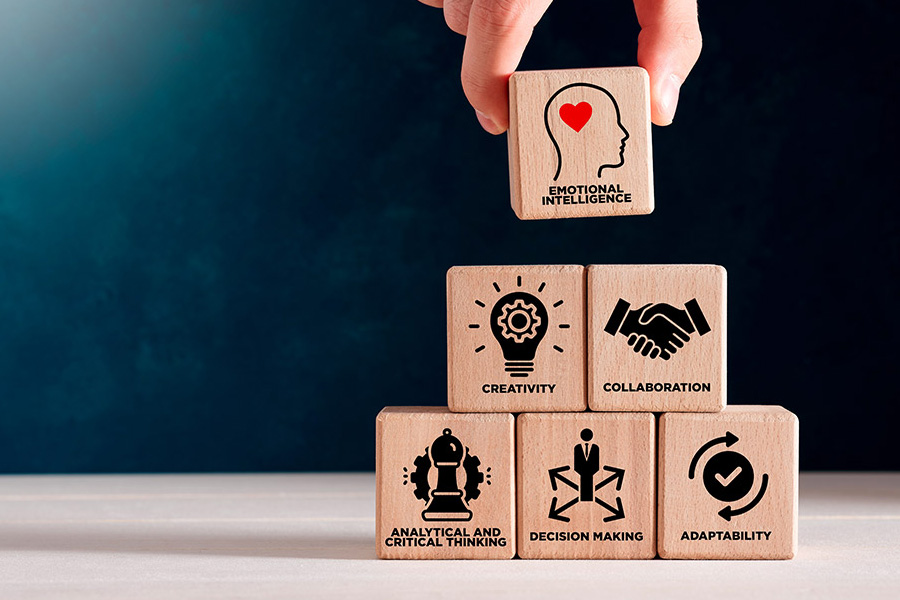In the world of project management, conflicts are as inevitable as changes in weather during a long voyage. Every project, no matter how well-structured, involves human beings with diverse perspectives, emotions, and priorities. The ability to navigate these turbulent waters successfully doesn’t rely solely on process knowledge or technical expertise—it depends on emotional intelligence (EQ).
Just as a skilled sailor reads the wind to adjust the sails, a project manager uses self-awareness, empathy, and communication to steer a team back toward harmony and productivity.
Understanding Emotional Intelligence in the Project Context
Emotional intelligence, at its core, is about recognising and managing one’s own emotions while understanding and influencing those of others. Within a project team, EQ acts as a silent current—unseen but powerful in shaping collaboration and decision-making.
High-EQ project managers don’t suppress conflict; instead, they view it as a compass pointing to deeper issues. They ask: Why is this disagreement happening? And what emotions are driving it? By doing so, they uncover opportunities for growth rather than letting tension derail progress.
Professionals aiming to refine such soft skills often turn to advanced training, such as a PMP Certification Chennai, where they learn to balance technical competence with leadership finesse—an essential blend for managing people-driven challenges.
Self-Awareness: The Foundation of Conflict Management
Imagine a project manager who reacts defensively whenever their decisions are questioned. Without self-awareness, emotions can hijack reason, escalating disagreements into full-blown conflicts.
Self-awareness acts as the anchor that keeps emotions grounded. It allows project leaders to pause before responding, assess their triggers, and choose calm over confrontation. Techniques like journaling, mindfulness, and regular reflection help cultivate this awareness.
Once leaders understand their emotional responses, they’re better equipped to respond with composure and clarity—traits that inspire confidence in the team. In essence, self-awareness transforms conflict from a threat into a learning moment.
Empathy: Seeing Through Another’s Lens
Empathy is the bridge between understanding and resolution. It’s the ability to see a situation from another person’s perspective, even if one disagrees.
In project environments, empathy means actively listening to team members’ concerns, acknowledging their frustrations, and validating their experiences. It doesn’t imply agreement but rather recognition.
For example, when a developer feels overburdened or an analyst believes their input is being ignored, an empathetic leader doesn’t dismiss their emotions. Instead, they respond with understanding—“I can see why that would be frustrating; let’s figure out how we can balance the workload.”
Such moments of empathy not only diffuse tension but also build trust—turning temporary disagreements into opportunities for deeper collaboration.
Social Skills: The Art of Navigating Human Dynamics
Where self-awareness is the anchor and empathy the bridge, social skills are the sails that move the team forward. A project manager with strong interpersonal skills can foster open communication, negotiate effectively, and create a sense of shared ownership.
Effective social skills go beyond friendliness—they involve adaptability, persuasion, and emotional regulation. Leaders must read non-verbal cues, mediate discussions, and ensure every voice is heard, especially in cross-functional teams where priorities may clash.
These abilities are often refined through real-world practice and structured mentorship. For instance, a PMP Certification Chennai not only covers technical frameworks like process groups and knowledge areas but also emphasises communication and conflict management techniques essential for successful leadership.
Turning Conflict into Collaboration
Conflict, when managed with emotional intelligence, becomes a catalyst for creativity rather than a cause of disruption. Teams that learn to handle disagreements constructively often emerge stronger and more cohesive.
The process involves three key steps:
1. Acknowledge the issue – Ignoring conflict only deepens resentment.
2. Address emotions – Encourage open dialogue without judgment.
3. Collaborate on solutions – Focus on shared goals, not personal differences.
By viewing conflict through the lens of EQ, leaders foster a culture of transparency and mutual respect. Over time, this transforms potential friction points into opportunities for innovation and improved teamwork.
Conclusion
Emotional intelligence isn’t a soft skill—it’s a strategic advantage. In project management, where timelines, budgets, and deliverables constantly test patience and coordination, EQ ensures that human relationships remain strong even under pressure.
A project manager who leads with emotional intelligence doesn’t just resolve conflicts—they prevent many from escalating in the first place. They listen before reacting, empathise before judging, and communicate before assuming.
By mastering self-awareness, empathy, and social skills, project leaders transform their teams into collaborative ecosystems capable of thriving in any situation. As the modern workplace continues to evolve, emotional intelligence remains the cornerstone of effective and humane leadership.


